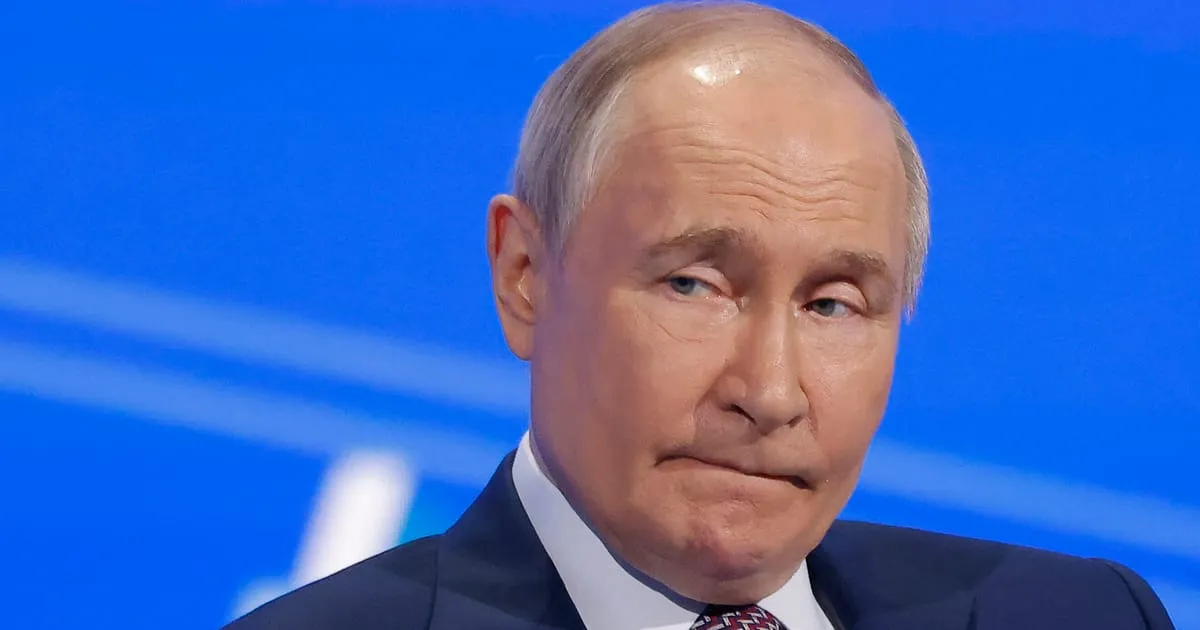
In a concerted effort to address the ongoing conflict in Ukraine, European leaders intensified their demands on Russian President Vladimir Putin to accept a 30-day ceasefire without any preconditions. During a recent meeting, they warned that if Moscow does not comply, Western allies would impose further sanctions on Russia and significantly increase military support for Kyiv.
U.S. President Donald Trump has voiced his support for the European leaders' demands, expressing his willingness to contribute to the implementation and monitoring of the proposed ceasefire. U.K. Prime Minister Keir Starmer emphasized the urgency of the situation, stating that Putin must accept the ceasefire without any "ifs and buts," and focus on achieving a lasting peace agreement.
The meeting, which included German Chancellor Friedrich Merz and the presidents of France, Poland, and Ukraine, saw these leaders travel together by train to Kyiv for a significant nine-hour visit with Ukrainian President Volodymyr Zelenskyy. This collaborative visit underscores the unity among Kyiv's allies in seeking a resolution to the conflict.
Shortly after the leaders' meeting, Kremlin spokesperson Dmitry Peskov dismissed calls for an extended ceasefire, insisting that such measures would only be considered if the West halts its military support for Ukraine. In response, French President Emmanuel Macron directly criticized Russia’s stance, labeling any conditional demands as mere delaying tactics that hinder the peace process.
During a critical three-hour discussion at Zelenskyy's Mariinsky Palace, Macron took the initiative to call Trump to update him on the talks and secure his backing. Despite the early hour in Washington, Trump agreed to support the European demands, indicating a strong transatlantic alliance in the face of Russian aggression.
Macron later informed reporters that the proposed ceasefire would be overseen primarily by the United States, with contributions from European nations. This oversight aims to facilitate immediate negotiations for a comprehensive peace deal addressing territorial disputes, sensitive energy infrastructure, and security guarantees.
Chancellor Merz announced in Kyiv that the coalition of nations, including leaders from Canada, Turkey, and New Zealand, would impose further sanctions targeting Russia's energy sector and banking system should Moscow refuse to agree to the ceasefire. This coalition, termed the "Coalition of the Willing," emphasizes a global commitment to holding Russia accountable for its actions.
During the press conference, Merz faced questions about the potential provision of Taurus cruise missiles to Ukraine, a contentious issue that had previously sparked political debate in Germany. He chose not to comment on specific military support measures, stating that discussions surrounding the war's resolution should not be a matter of public debate.
In alignment with this approach, the German government announced that it would cease publishing detailed lists of military assistance to Ukraine, a strategy referred to as "strategic ambiguity." This method aims to prevent Putin from gaining insights into the types and quantities of weapons supplied while avoiding domestic political controversy that could undermine support for Ukraine.
As the situation evolves, President Zelenskyy has expressed support for the new communication strategy, choosing to refrain from discussing specific weapons publicly. The international community remains watchful, as much now depends on how Putin responds to the unified demands for an unconditional ceasefire and the potential for a lasting peace in Ukraine.